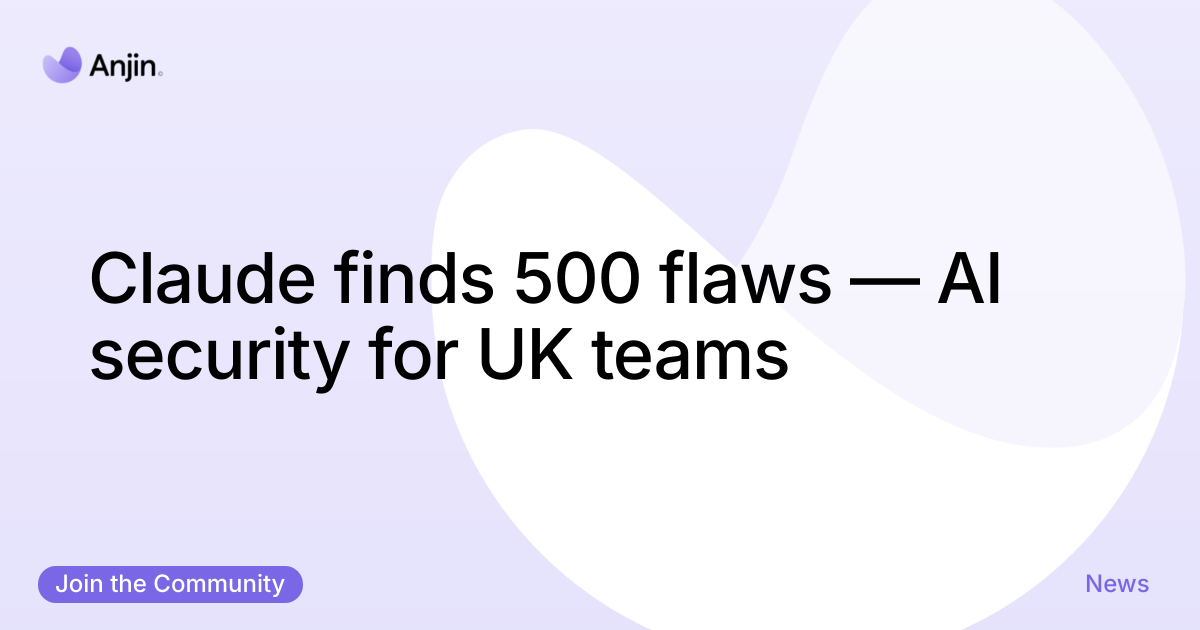Understanding Google's AI Metrics Integration
In a significant move, Google has decided to integrate AI Mode metrics into its Performance reports, blending these with classic Web Search metrics. This change, confirmed by Google in late June, has sent ripples through the SEO community. SEOs will no longer see separate metrics for AI Mode but will instead find them merged with traditional search data. This development raises questions about how performance data will be analysed and interpreted moving forward.
According to Search Engine Land, this integration marks a pivotal shift in how search data is reported. Google's decision appears to be aimed at simplifying data representation, but it also obscures the specific impact of AI-driven search features. As AI continues to influence search behaviours, understanding its distinct impact is crucial for SEOs aiming to optimise content effectively.
Industry experts suggest that this move reflects Google's broader strategy to incorporate AI more deeply into its ecosystem. By melding AI Mode metrics with traditional search data, Google is perhaps signalling that AI is no longer an experimental feature but an integral part of search. This could have profound implications for how businesses approach their SEO strategies.
The Overlooked Opportunity
While the blending of AI Mode metrics with classic search data might seem like a challenge, it presents a unique opportunity for SEOs to refine their strategies. By isolating page-level impacts using regex filters on longer tail query strings that fire exclusively in AI Mode, such as 'explain', 'compare', and 'best way to', SEOs can gain valuable insights into how AI influences search queries.
This granular analysis can reveal patterns and trends that might otherwise be masked in aggregated data. For example, understanding which types of content perform better in AI Mode can inform content creation and optimisation strategies, ultimately leading to higher engagement and conversion rates.
Tactical Playbook for SEOs
- Identify longer tail query strings that are likely to trigger AI Mode. Use regex filters to isolate these within your data.
- Analyse the performance of these queries to understand their impact on your content's visibility and engagement.
- Tag answer paragraphs with
data-ai-block="true"to prevent them from being indexed. This allows you to A/B test snippet variants without affecting the canonical HTML. - Regularly review your Performance reports to track changes and adjust your SEO strategies accordingly.
- Stay informed about Google's updates and adjust your tactics to leverage new opportunities as they arise.
How Anjin's AI Agents Can Help
For SEOs looking to navigate this new landscape, Anjin offers a suite of AI agents designed to optimise your strategies. The Technical SEO Fixer can help you refine your approach by identifying technical issues that may impact your site's performance in AI-driven searches. Additionally, the Content Creator agent can assist in crafting content that resonates with AI Mode queries, ensuring your site remains competitive.
Take Action Now
As Google's integration of AI Mode metrics reshapes the SEO landscape, it's crucial to adapt quickly. Leverage the insights provided in this article to refine your strategies and stay ahead of the curve. Consider exploring Anjin's AI solutions to enhance your SEO efforts and maintain a competitive edge. The future of search is AI-driven—act now to ensure you're not left behind.





